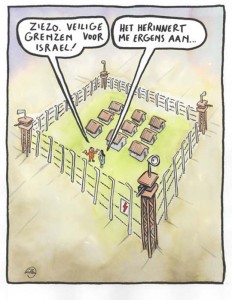Impressie management & codependentie
Codependents practice impression management. They do their utmost to make a good impression on the other person, even if it requires them to distort and twist reality. It's lying but that's not what the codependent is about, it's about the support he needs from the other.
I know it very well from my own life, I weighed everything I did and said to make sure it had the effect I wanted. I always pretended to be good and 'happy' even though deep down I felt very different and often lonely and isolated, I overruled myself resulting in a crisis.
If you tend to impress someone else, are you often impressed by that other person and therefore allow yourself to be controlled by that other person without wanting to.
The codependent who practices impression management knows exactly what the other wants from him and responds to it, even if it's at his own expense. He wants to do it 'right' at all costs and therefore does not do it well. Hyper Intention repels the desired.
As a codependent I was the good marketing manager who responded to the needs of the customer, I forgot my own needs, I thought they were of minor importance, I survived and I thought I was good. The lack of self-reflection is characteristic of the codependent.
The reflection also does not come from the other person because they are fine with you responding to their needs, so it suits them well, they enjoy it and benefit from it and so don't say anything or they don't even notice that you do impression management. It is only the few who really perceive and see, the masses are easily misled by your mister nice guy show. In fact, you are confirmed in your show and then your behavior is reinforced and it repeats itself and you remain a prisoner of your own play.. Shakespeare said that we all play a role on the stage of life…
Because of my crisis I came to self-reflection and only became aware of what I was doing and so I could do something about it and came to self-reflection and learned a lot from it.
People pleasers are the codedependent impression management people par excellence, they want to please everyone and make everyone happy even if they are unhappy themselves. In the background, the fear of exposure constantly plays a role, so the codependent always has to be on his guard and can't relax and that stress causes many other problems.





